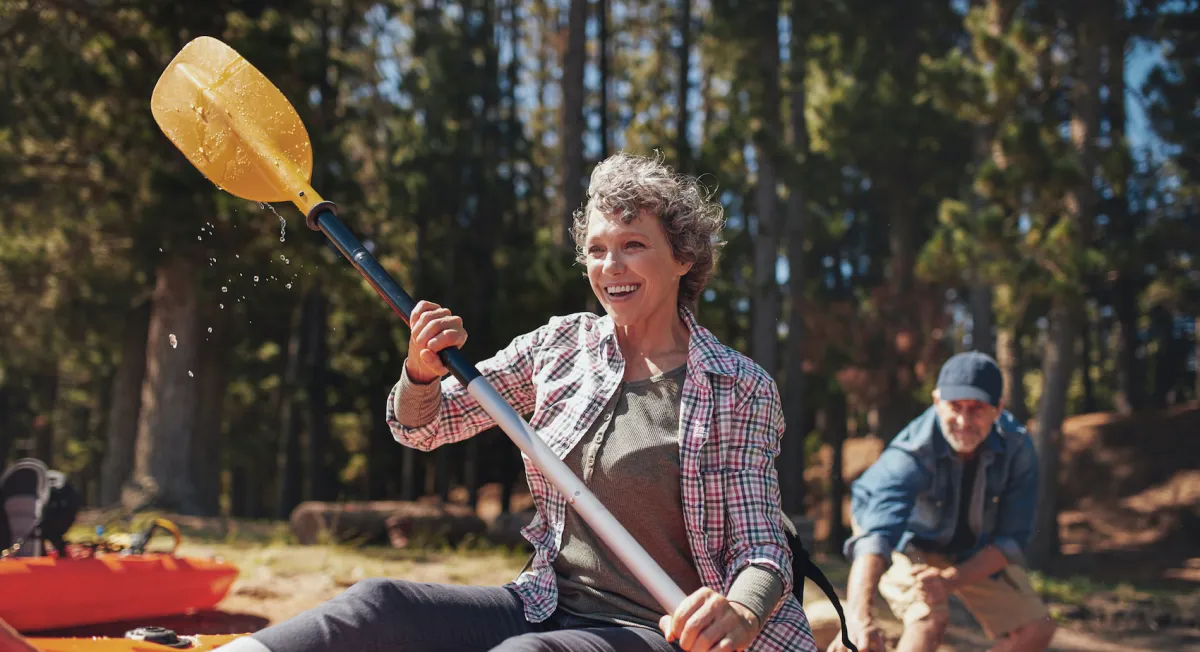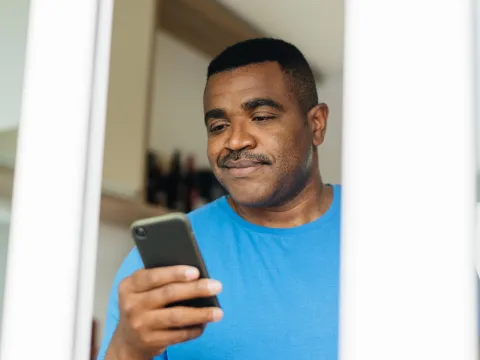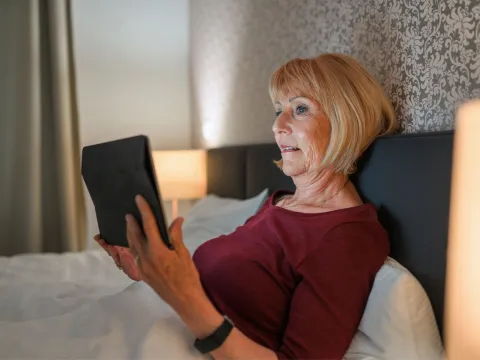- AdventHealth

With an overactive bladder (OAB) comes the continual urge to urinate. And for many people, the issue is further compounded by leakage. If you’re dealing with frustrating urges and leaks, you certainly aren’t alone. It’s estimated that nearly 33 million people in the United States live with this condition.
“Left untreated, an overactive bladder can affect the overall quality of your life,” said Hak Lee, MD, of AdventHealth Medical Group Urology at Calhoun. “It may make you feel embarrassed or cause you to isolate yourself, but there are many treatment options available. Seek out your doctor for help.”
With OAB, you may also experience:
- Anxiety
- Depression
- Emotional distress
- Intimacy issues
- Sleep disturbances
What Is an Overactive Bladder?
Your bladder, muscles and brain all work together as part of an intricate system. Your bladder is designed to hold urine until you’re ready to empty it; your muscles contract or relax based on automated signals from your brain.
When your bladder gets about halfway full, your brain gets a signal that it needs to be emptied. This signal can automatically prompt your bladder muscles to contract and your sphincter muscle to relax. Incontinence (urine leakage) happens when your body has a problem coordinating this system.
There are several different types of incontinence:
- Functional incontinence happens when you have a mental or physical condition that keeps you from getting to the bathroom in time, such as severe arthritis or dementia
- Mixed incontinence describes when you experience more than one type of incontinence
- Overflow incontinence happens when your bladder doesn’t completely empty, causing frequent dripping or leaking of urine
- Stress incontinence happens when urine leaks when you cough, sneeze, laugh, exercise or lift something heavy
- Urge incontinence describes a sudden, intense urge to urinate followed by an involuntary loss of urine
Some people experience both bladder storage and bladder-emptying issues, which requires the help of a urologist like Dr. Lee.
What Causes OAB?
“People with overactive bladder frequently experience a sudden, urgent need to urinate, but can’t get to a bathroom before they lose control,” said Dr. Lee. “Many things can trigger this such as the sound of running water.”
Since there is a range of conditions that can contribute to an overactive bladder, it can be difficult to identify the specific cause. However, OAB causes can include:
- Constipation
- Diabetes
- Enlarged prostate
- Hormonal changes during menopause
- Neurological disorders like multiple sclerosis and strokes
- Previous operations to treat other forms of incontinence
- Tumors or bladder stones
- Urinary tract infections
Other factors that may impact your bladder activity include:
- Declining cognitive function due to aging
- Difficulty walking
- Excess caffeine or alcohol consumption
- Incomplete bladder emptying
- Medications that cause a rapid increase in urine production
- Medications that must be taken with lots of fluids
Whole-Person Treatment for OAB
The first step in finding relief is visiting a doctor who can evaluate your condition, provide an accurate diagnosis and determine the best course of treatment — which could include behavioral modifications, non-invasive treatments, surgery or medication.
At AdventHealth, our whole-person approach to health means you’ll have access to a variety of treatments that will address your needs in body, mind and spirit.
Some of the behavioral modifications and non-invasive treatments that can help you manage OAB include:
- Biofeedback
- Bladder retraining
- Dietary changes and maintaining a healthy weight
- Exercise and physical activity
- Fluid management and limiting caffeine and alcohol
- Injection therapy
- Pelvic floor muscle exercises
- Quitting smoking
- Sacral nerve stimulation
When non-invasive options alone aren’t helping ease your OAB, your doctor may recommend prescription medications. Pharmaceutical treatments can help calm the nerves in the bladder to strengthen your bladder control and relieve the feeling of urgency.
While surgery for OAB is rare, if you’re experiencing severe symptoms, your doctor and urologist may recommend it.
Personalized Care Can Help You Reclaim Your Life
If an overactive bladder is keeping you from living your best life, we’re here to help. Whether you’re making too many trips to the bathroom or you think something more serious is going on with your bladder, our team at AdventHealth can put you on the path to whole health. Visit AdventHealthGordon.com/primarycare to find a provider who can help. For more information on our urology services, please call AdventHealth Medical Group Urology at Calhoun at 706-879-4700.
Choose the health content that’s right for you, and get it delivered right in your inbox.



